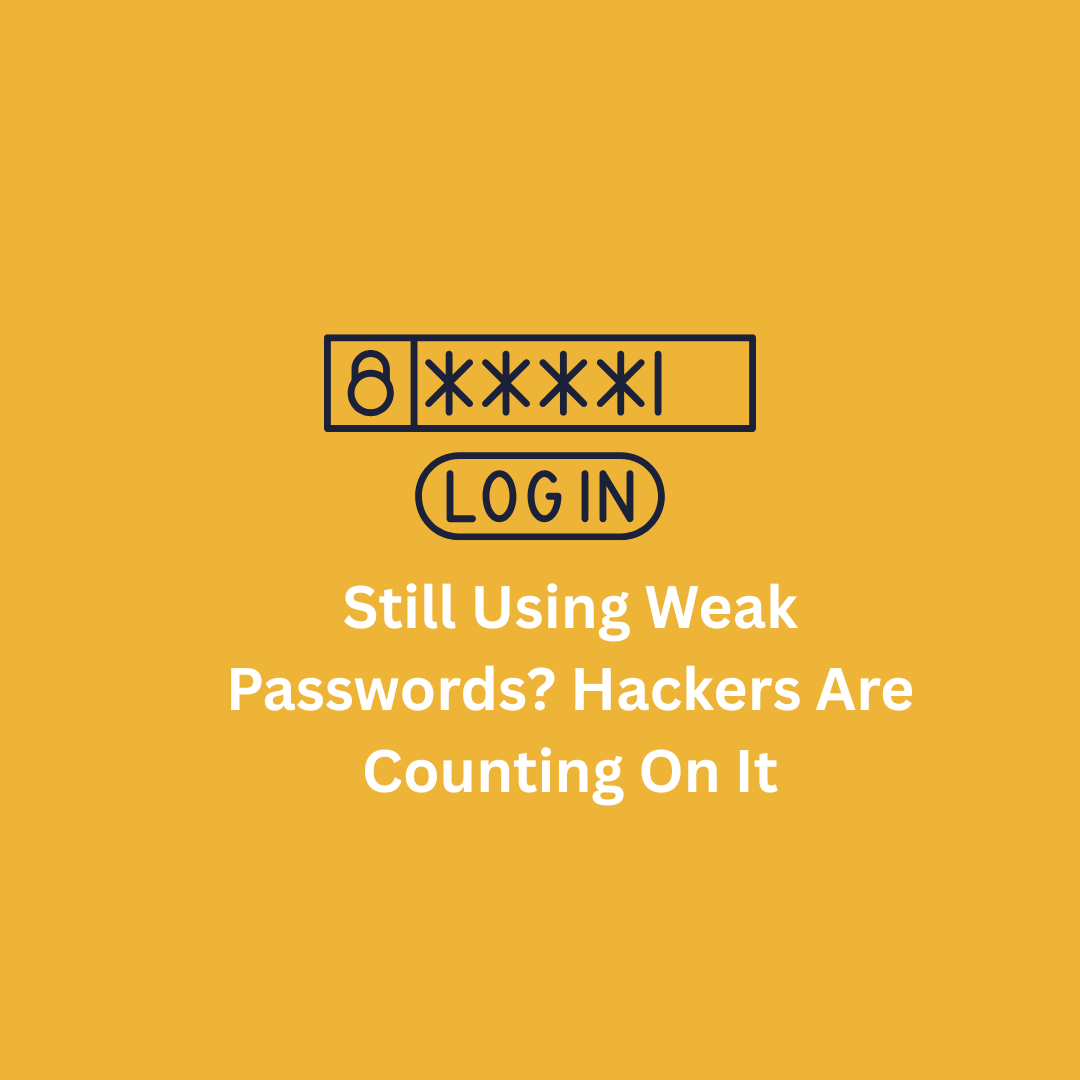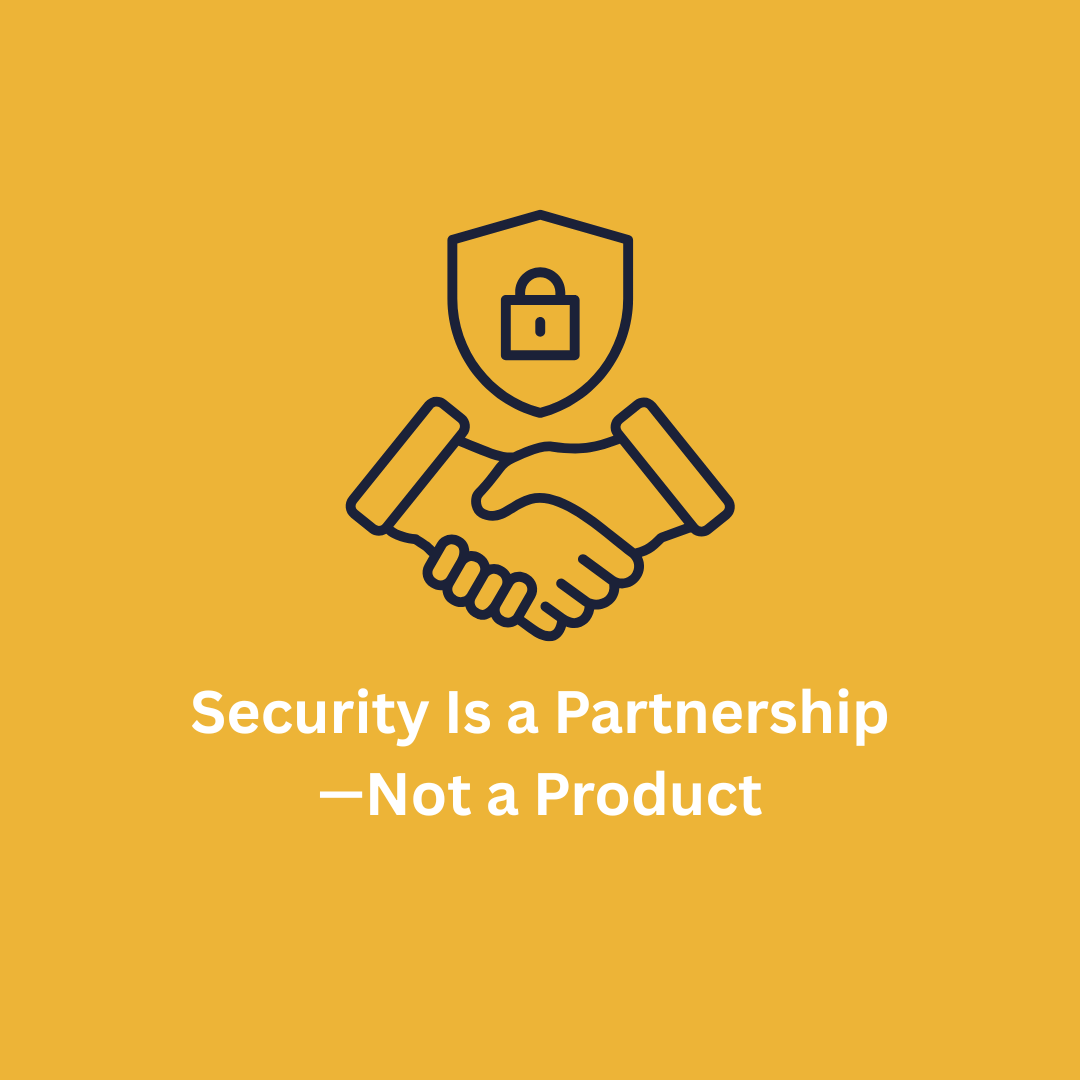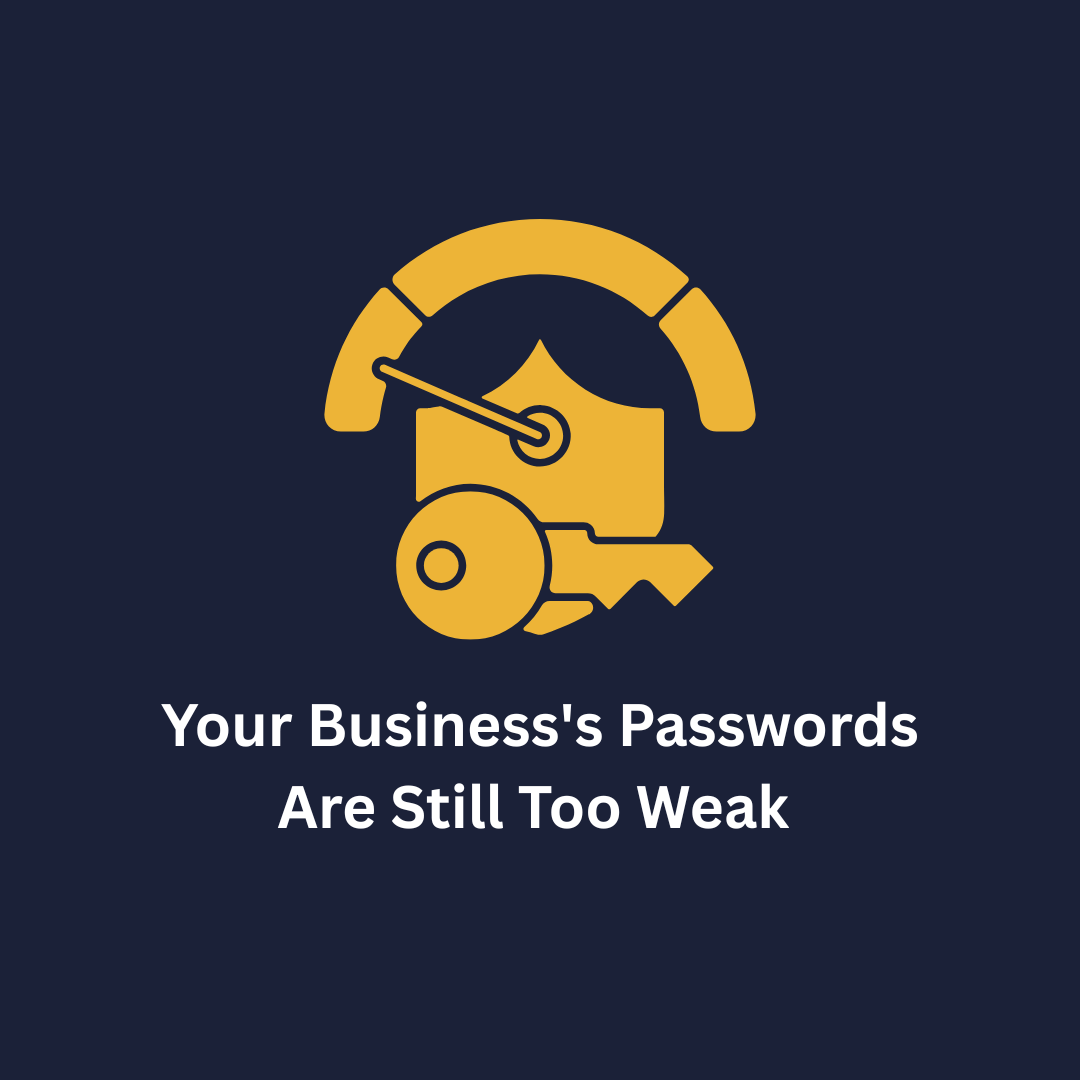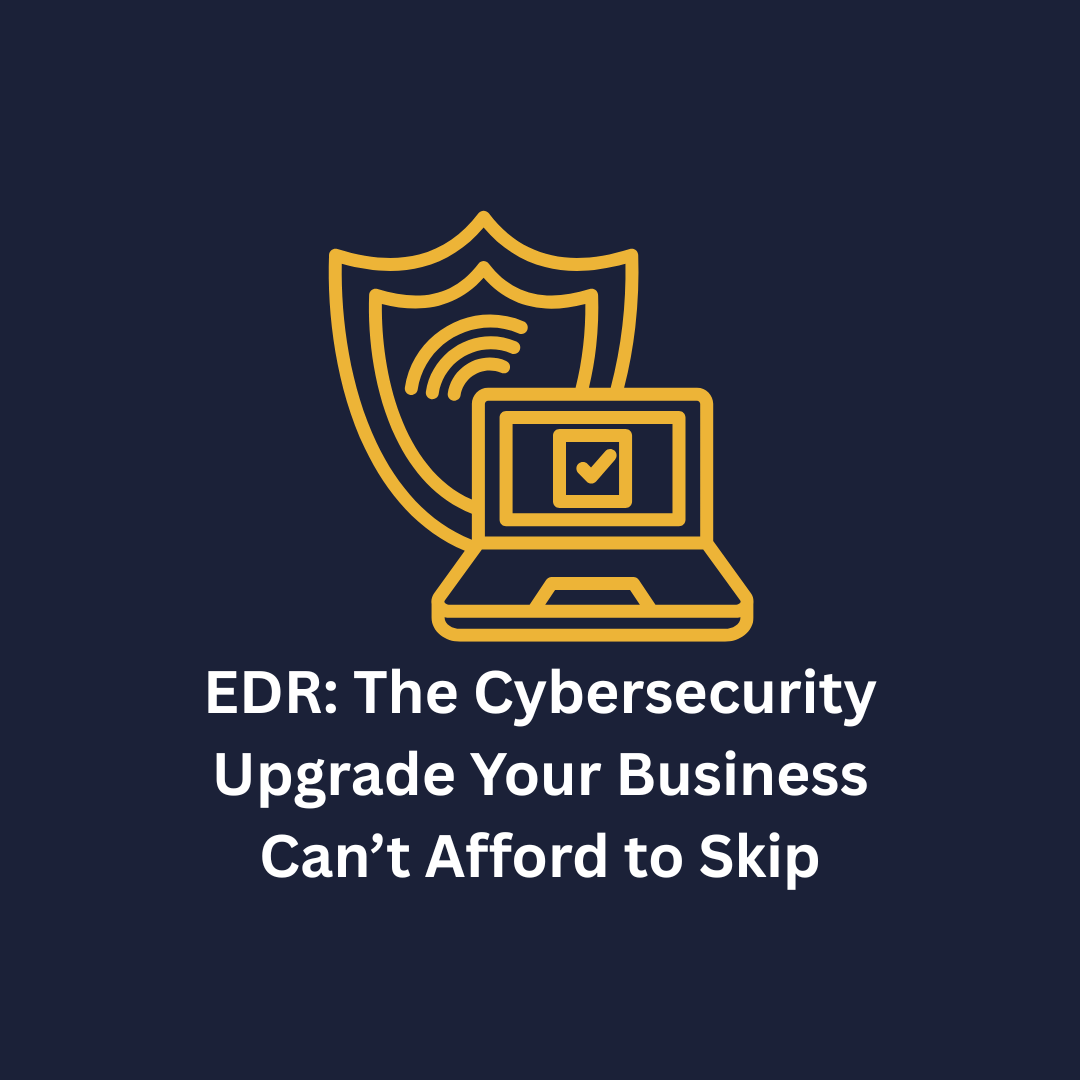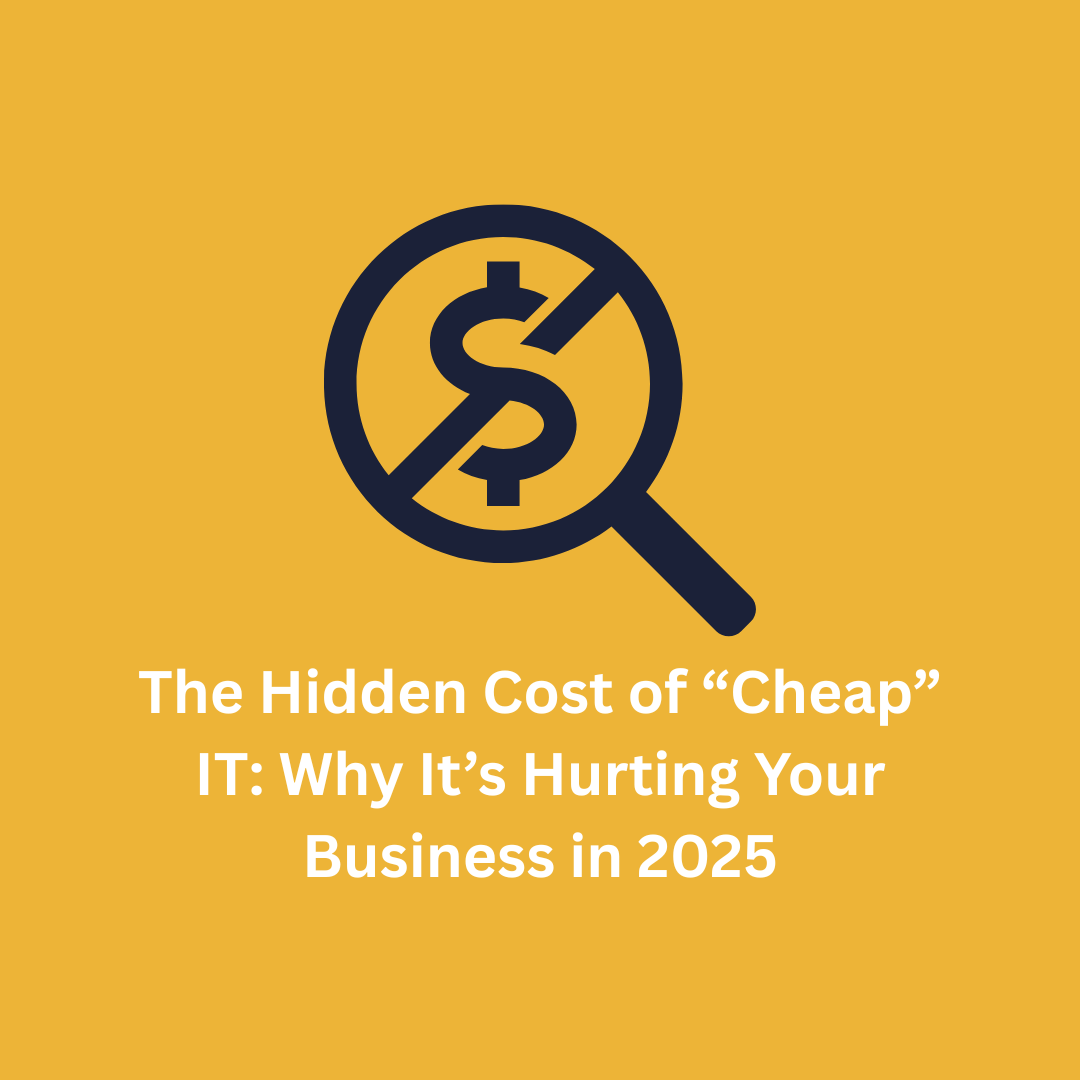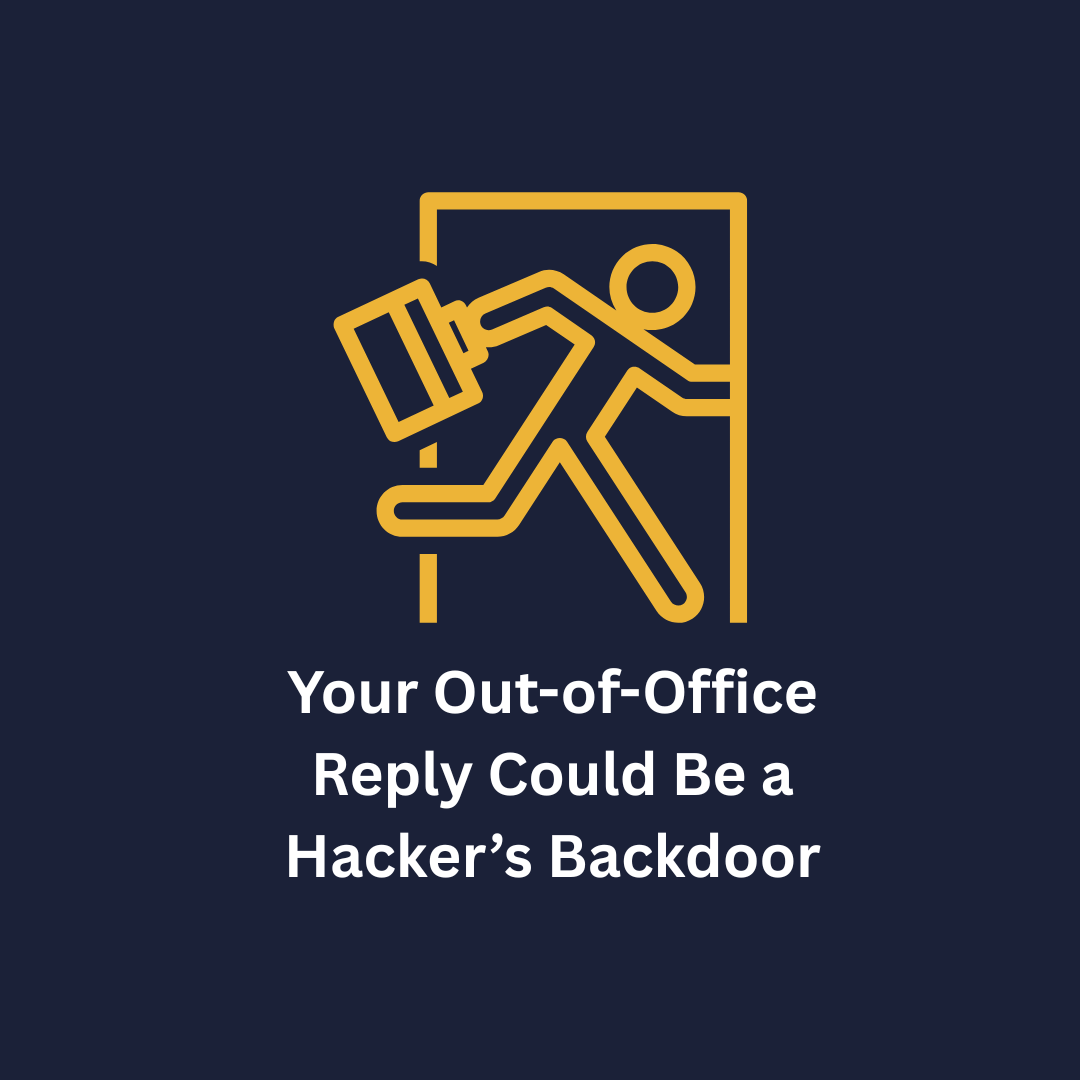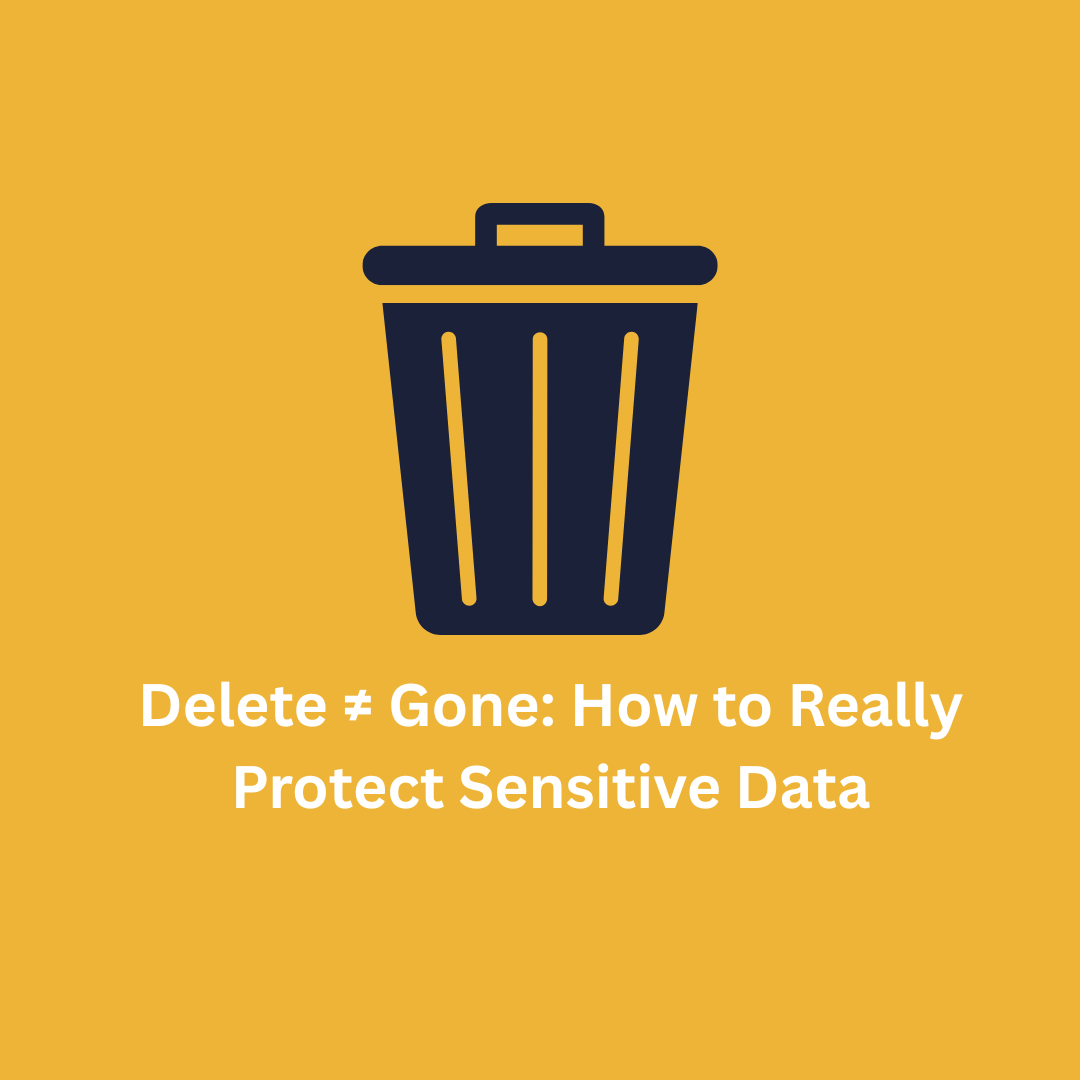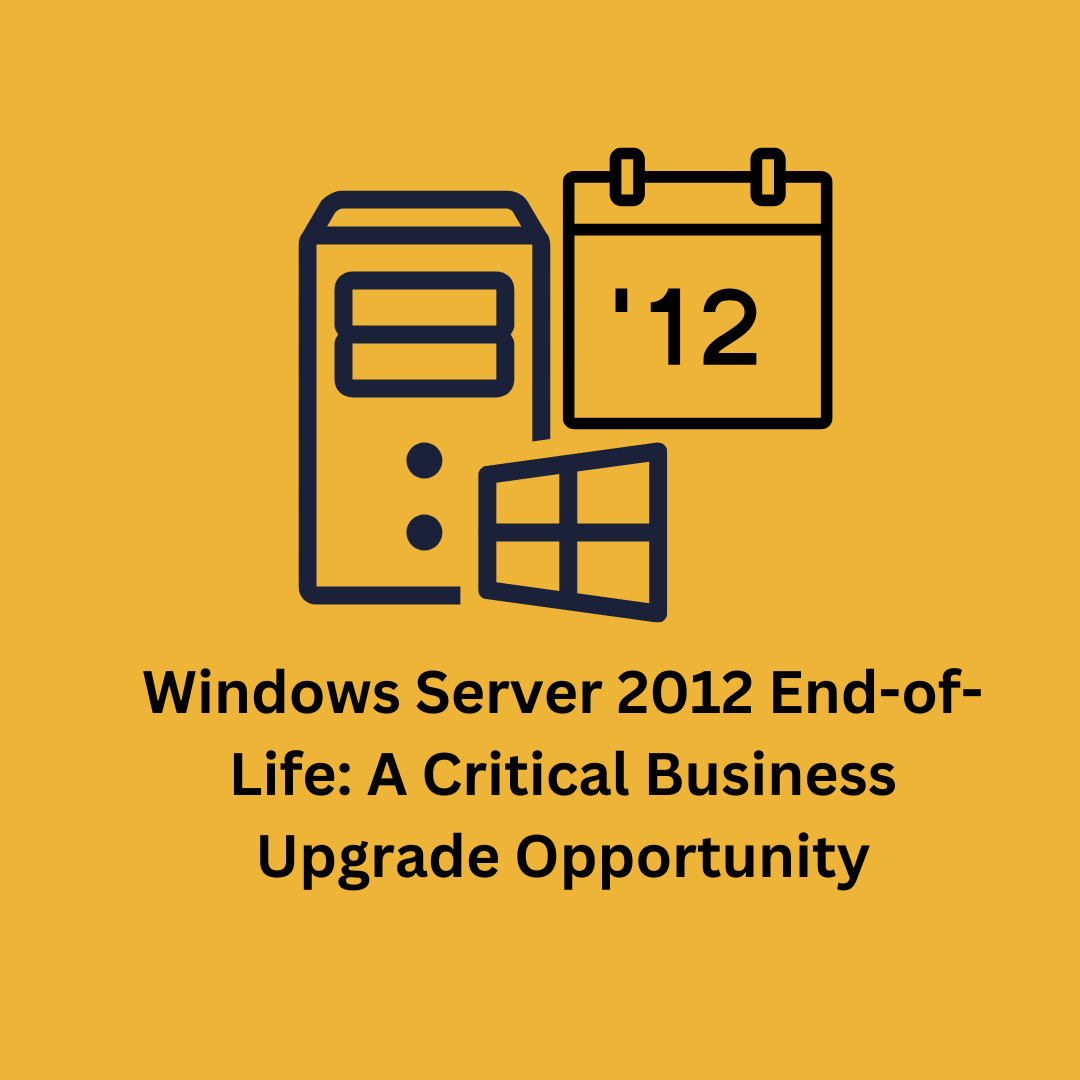8 Quick Security Tips to Keep Your Business Safe
All employees share one inescapable flaw that is putting your business at risk.
They are human. 59% of data breaches can go back to something an employee did (or did not do), which invited a cyber-attack. To lock hackers out, build security awareness and respect into your company culture. Make supporting digital security become as routine as making coffee.
Use complex passwords:
Every employee, including management, needs to use a strong password. A strong password has at least one upper case, one lower case and one symbol. It has 12 or more characters and has not been reused. Password managers can help with making sure they are never forgotten and can even generate strong patterns for your users.
Verify unknown identities:
In some companies, it is not possible to know everyone by name. Not familiar with Jenny from Accounting that called to ask for sensitive information? Double check the caller’s identity and access permissions before releasing any information. Hackers love to play on our desire to be helpful.
Encrypt by default:
People transfer data to a laptop or smartphone so they can be more productive. Unfortunately, criminals can steal this equipment. Set operating systems to encrypt data by default, so that it becomes useless in the wrong hands.
Protect portable devices:
Laptops and mobile phones should always use a password. They should also be set to auto-lock after a brief period. Never leave them unattended in cars, buses, restrooms etc. If you are flying somewhere take them as carry-on luggage. (It’s the law anyways, you can’t check anything with a battery as checked baggage as it may be an undetected fire hazard in the hold of the aircraft.)
Set personal usage rules:
You blocked productivity-vacuums such as Facebook and Tik Tok. What are the rules on games, video streaming or shopping? Can they install their own software? When you use business computers for personal usage security vigilance tends to slide, resulting in unintentional malware installation.
Educate often:
Digital security threats change often. People become comfortable with a certain level of danger, thinking it will never happen to me. A 5-minute discussion every month may keep hackers out.
Tech fraud popups:
Be on the lookout for fake popups. They say that the computer has a virus, and you need to call a phone number or download software.
Email attachments:
Never open an unknown attachment. Even from people you know and trust. Always scan for malware before opening.
If you need a way to consistently train your employees in cybersecurity, give us a call. Get a full curriculum and assessment tool for a fraction of the cost of a breach! 877-686-6642.


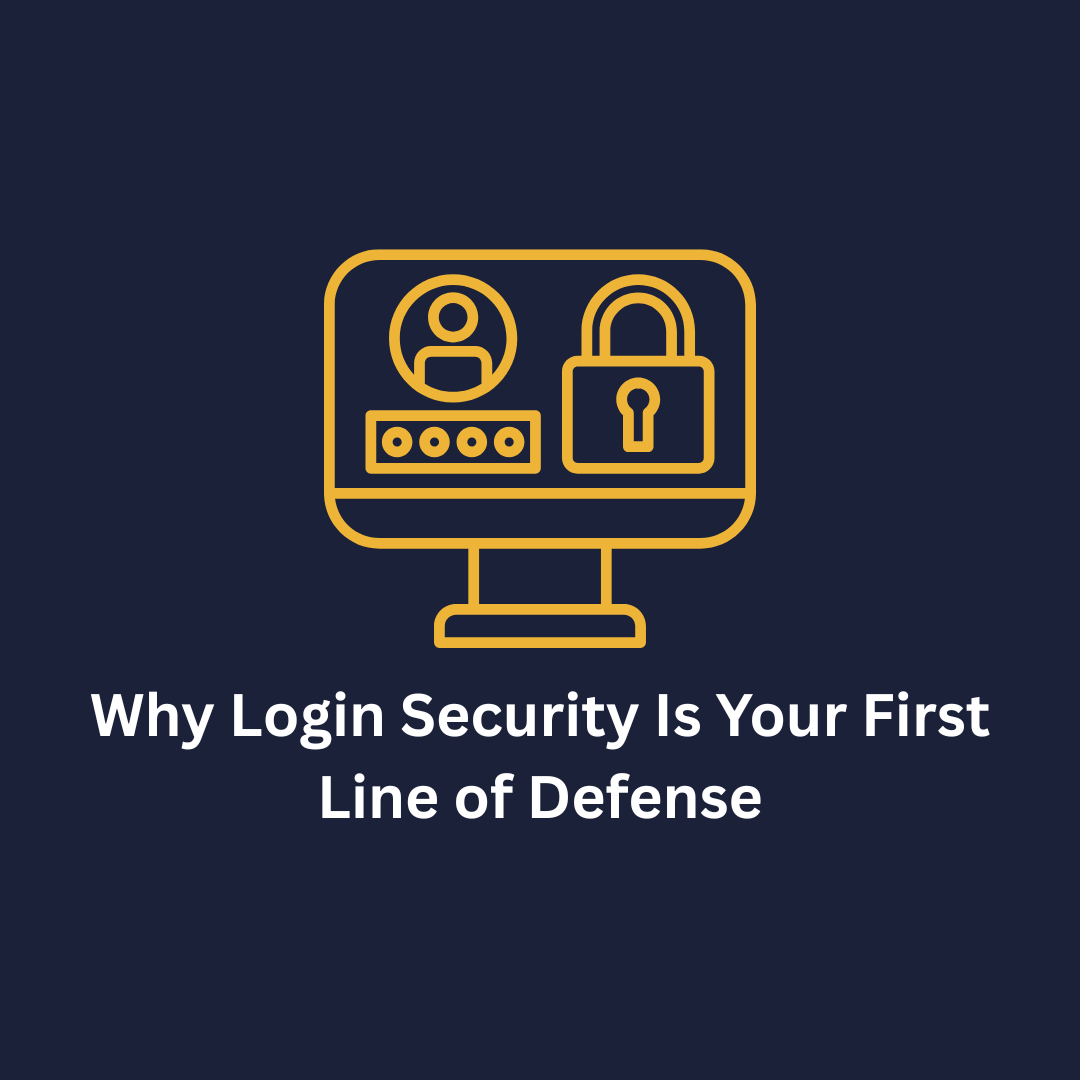
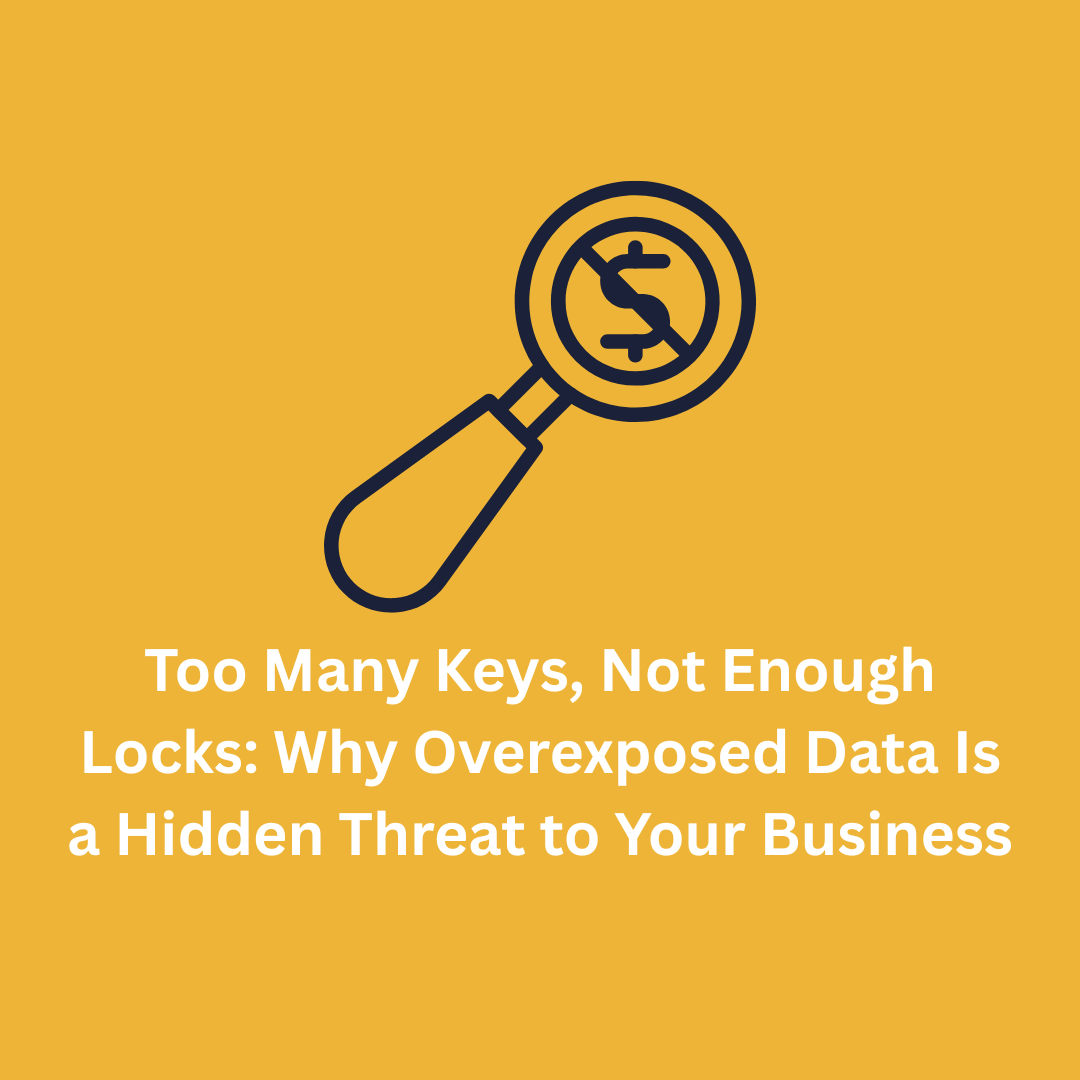
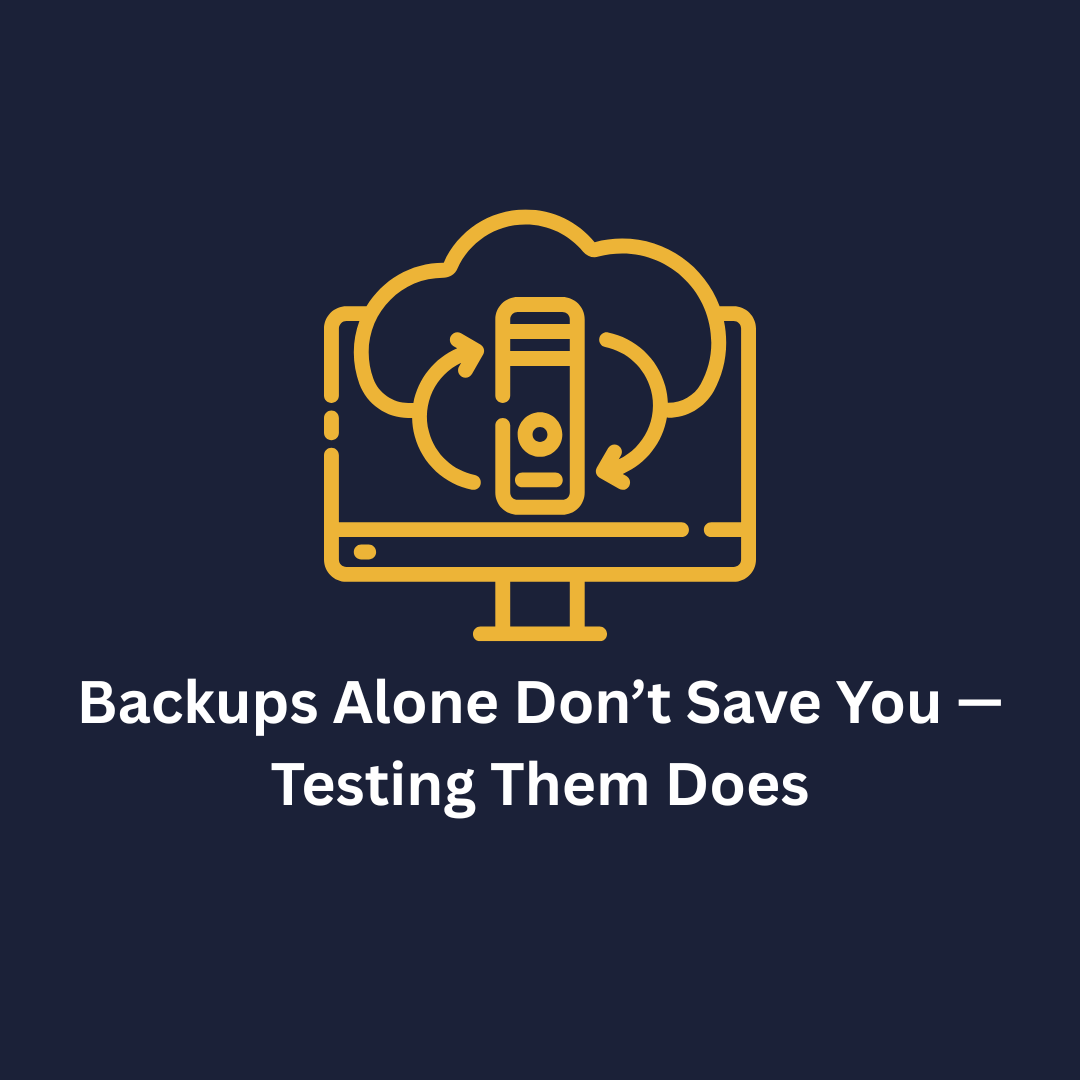
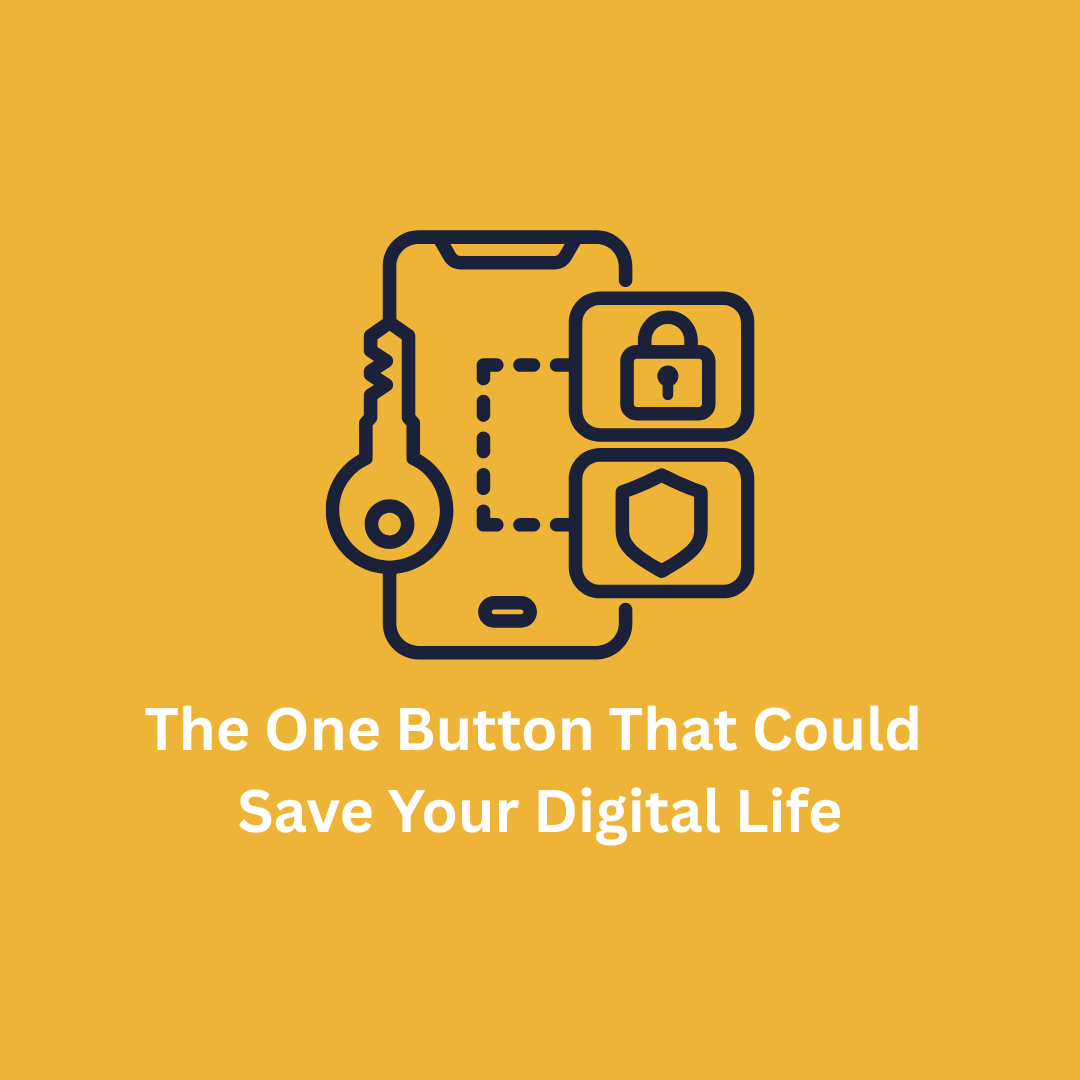
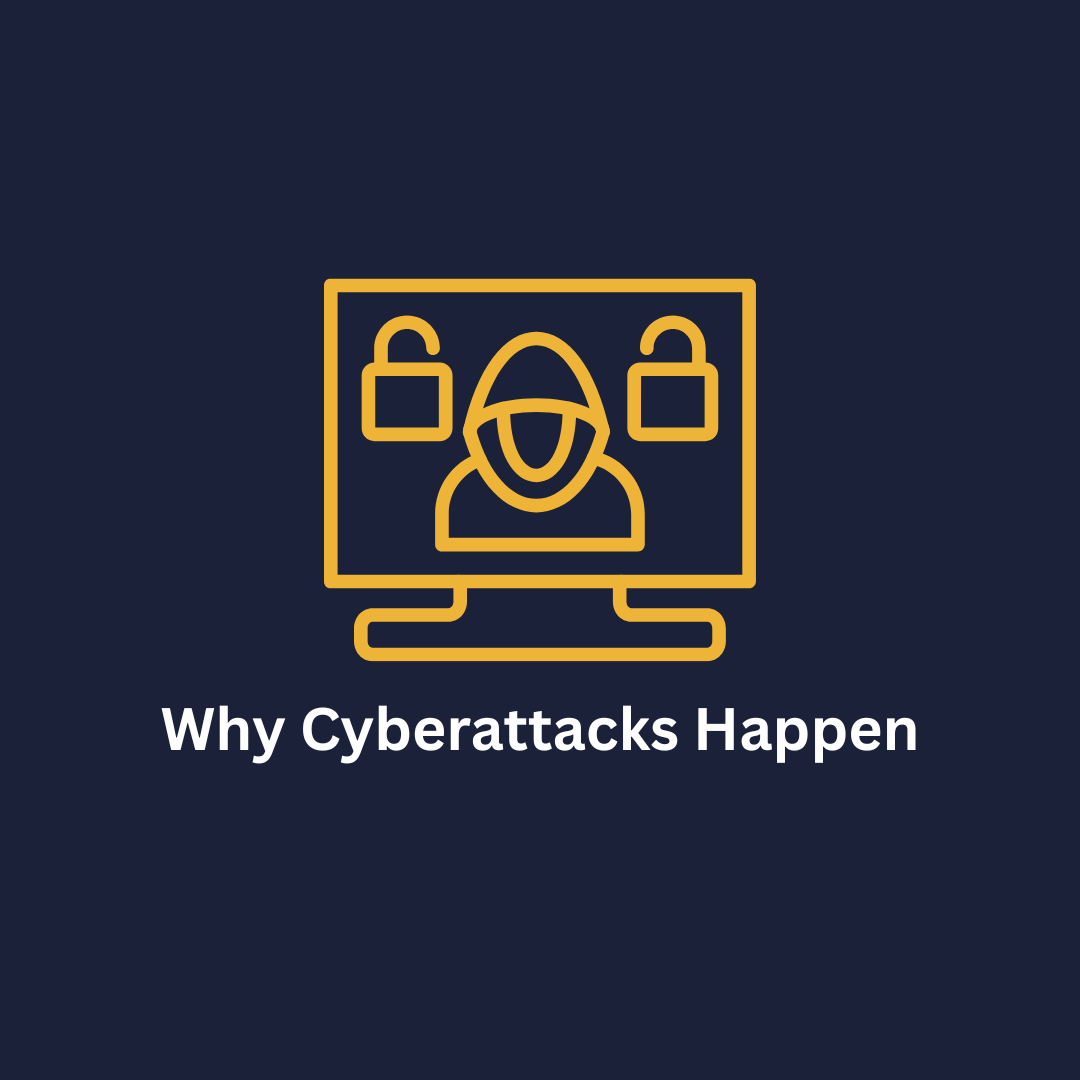

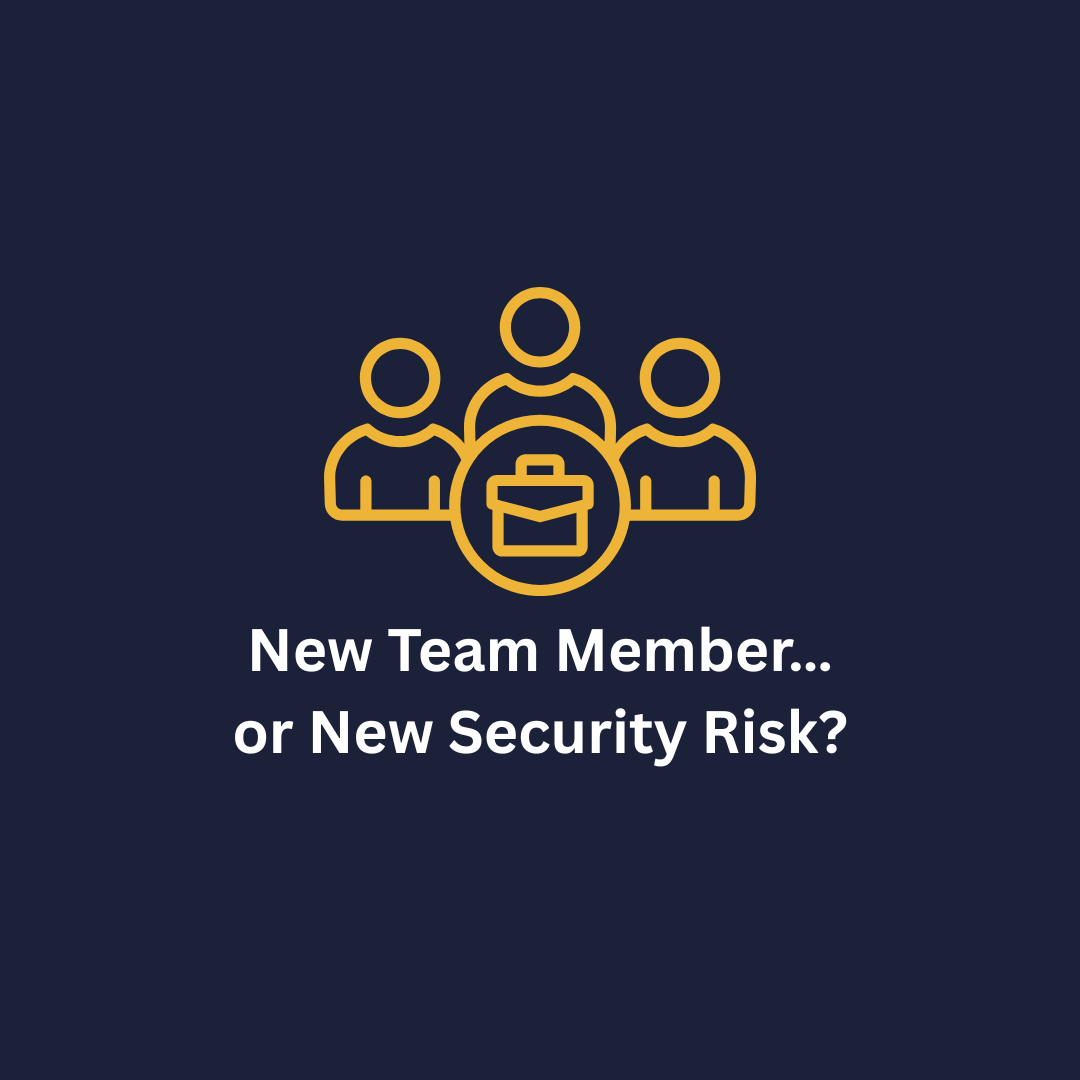
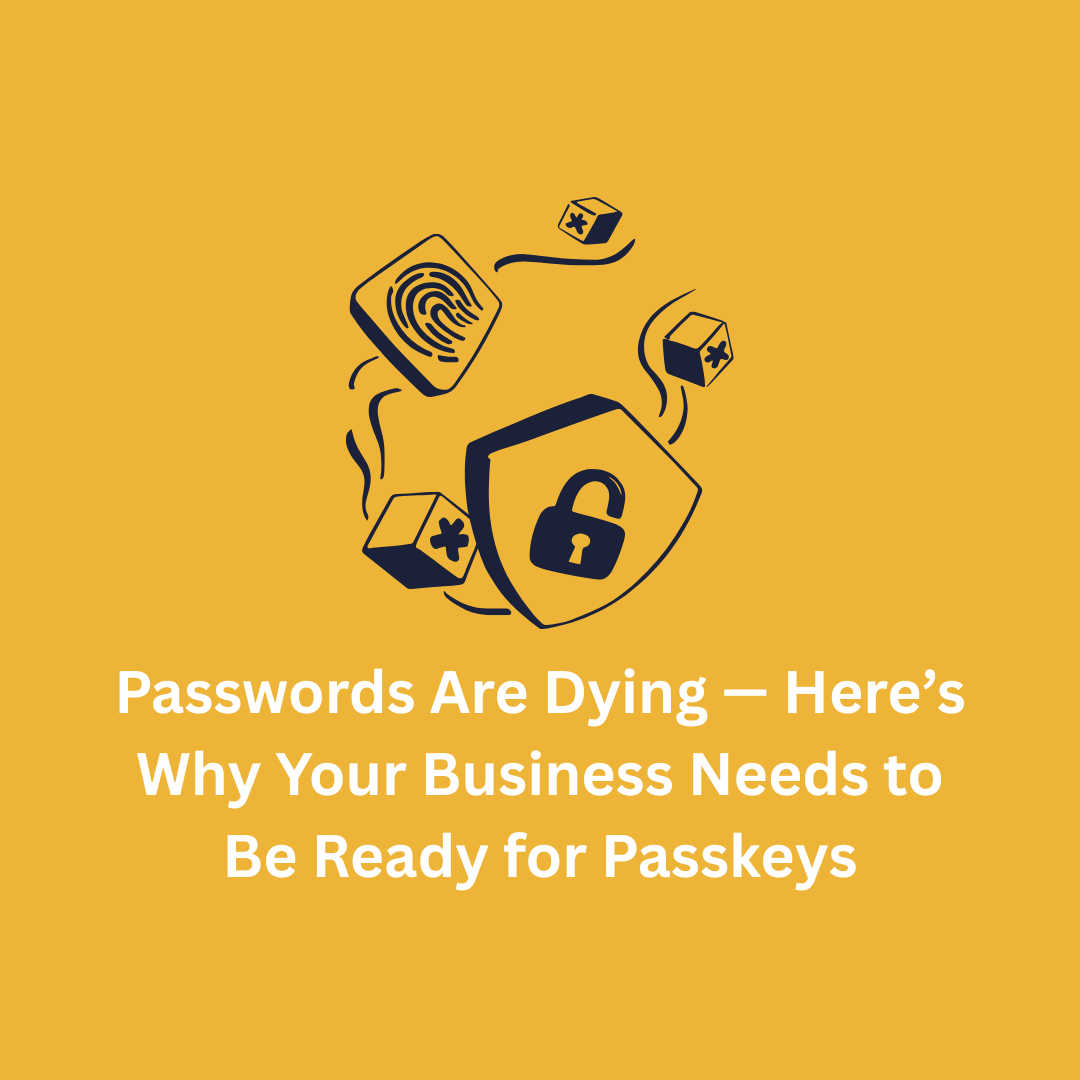
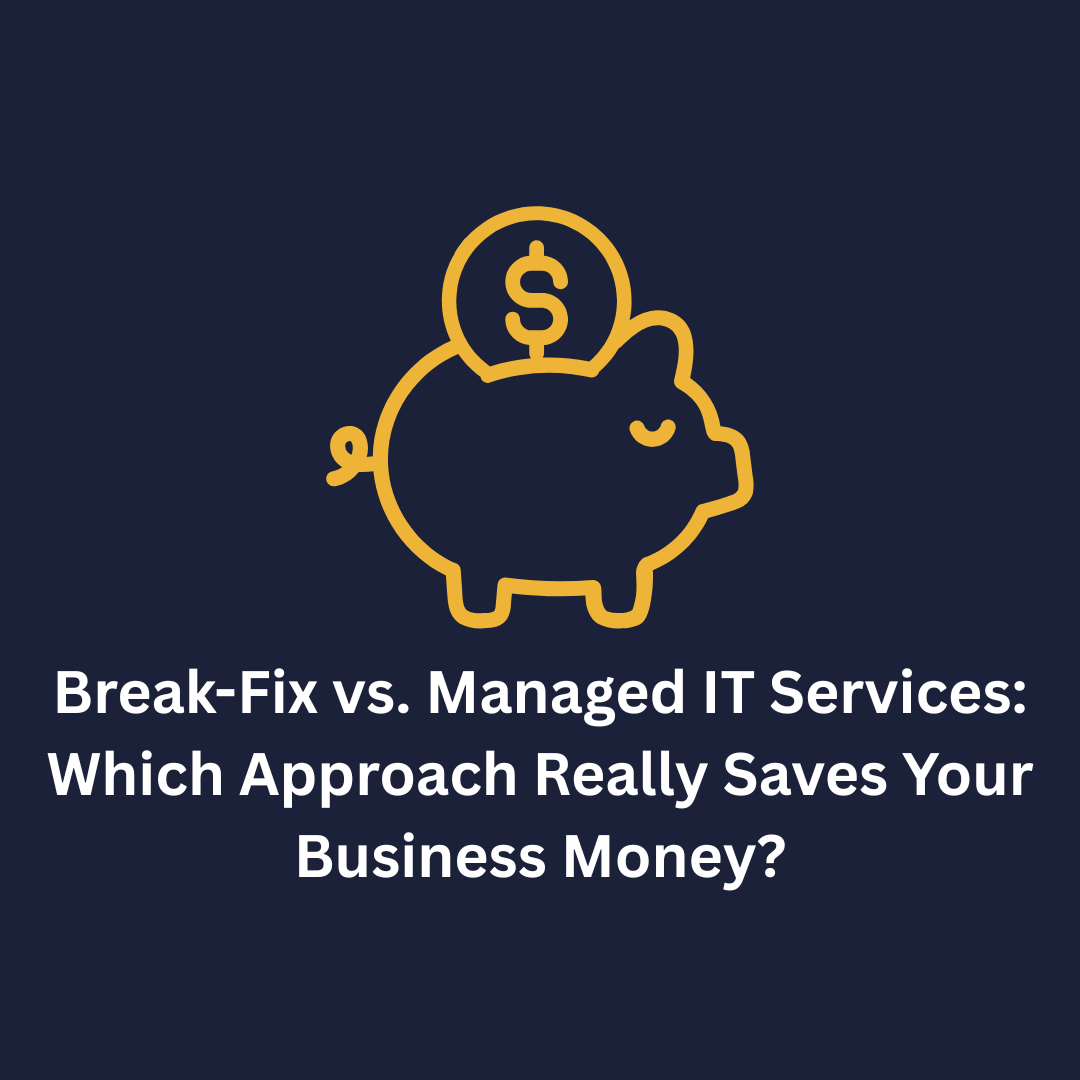


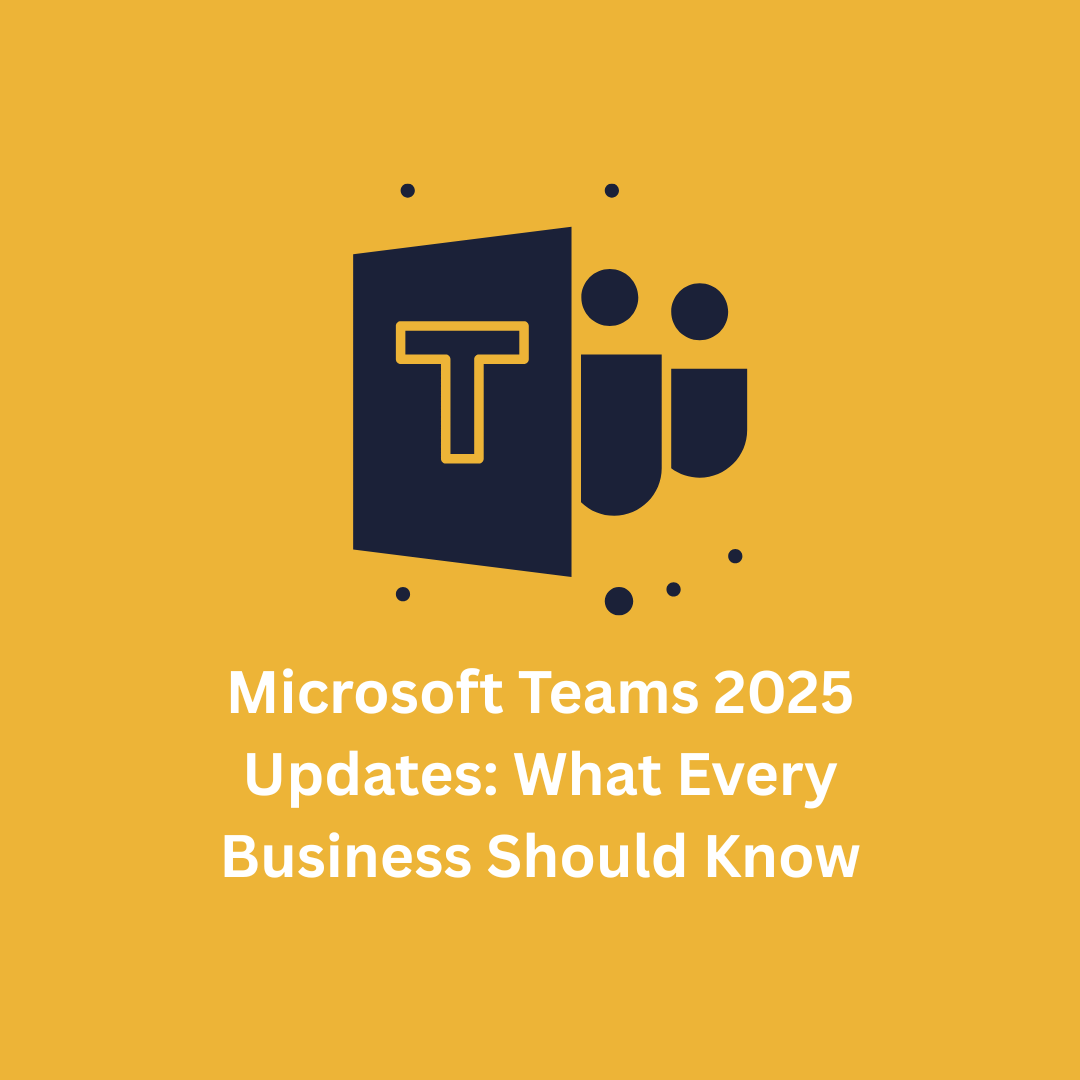
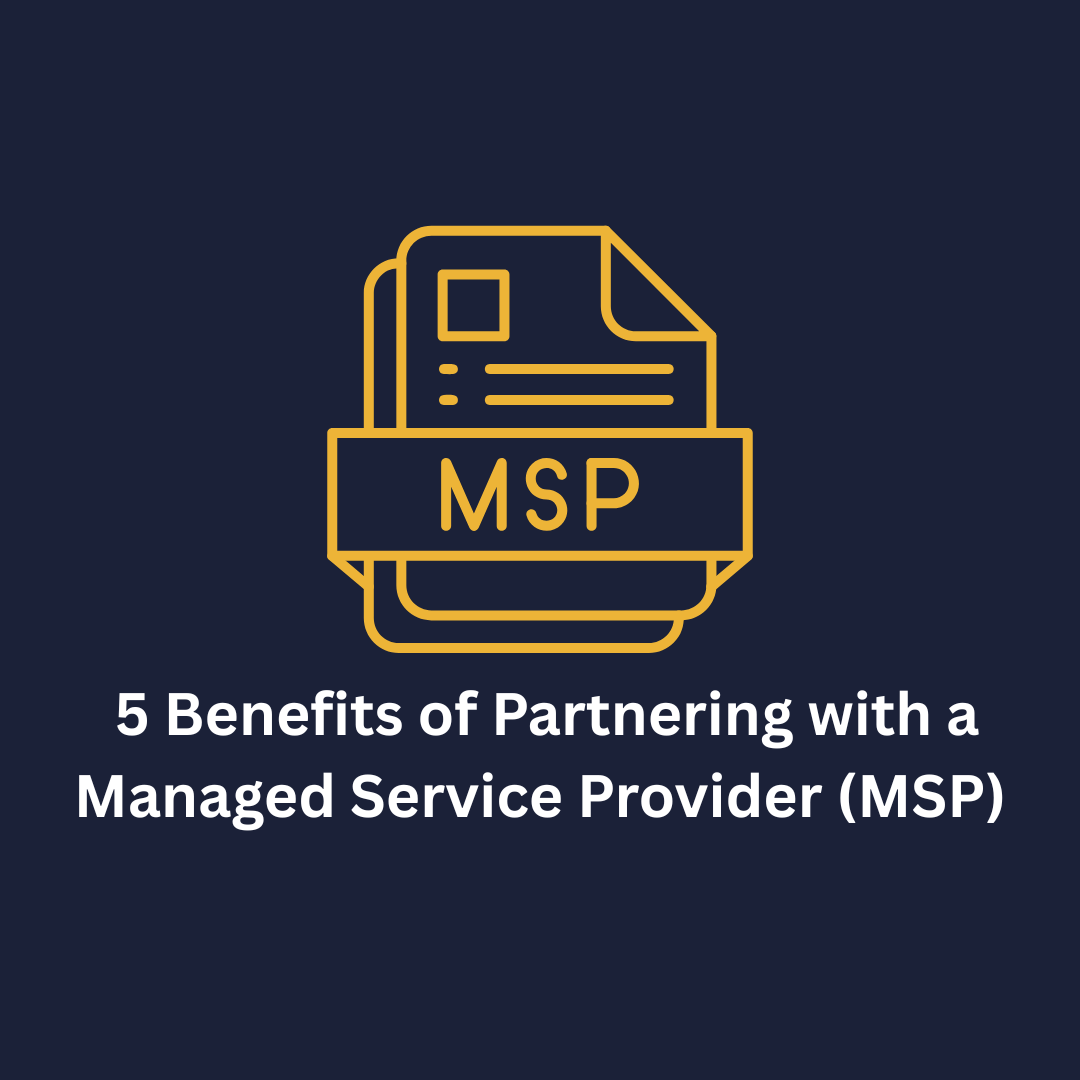
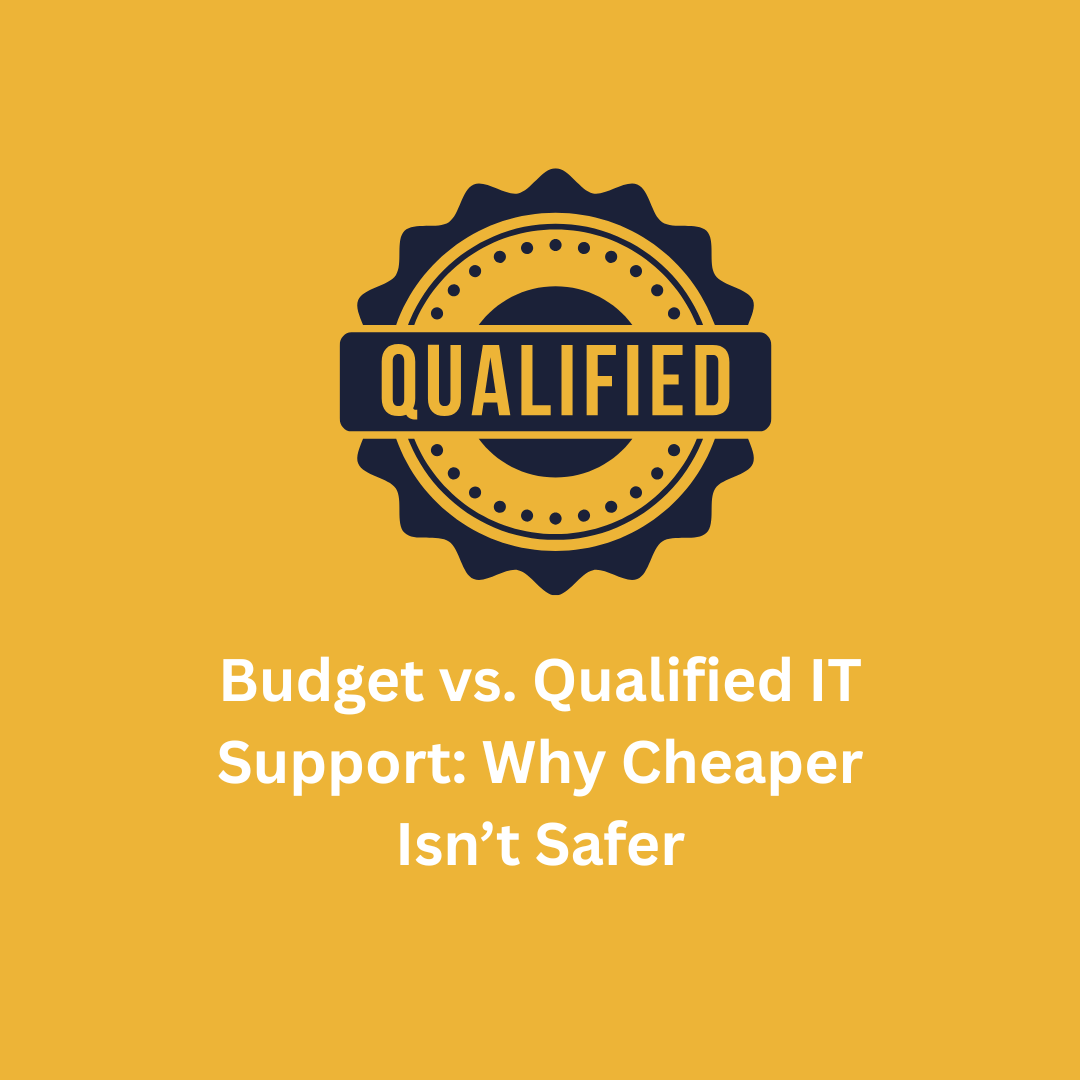


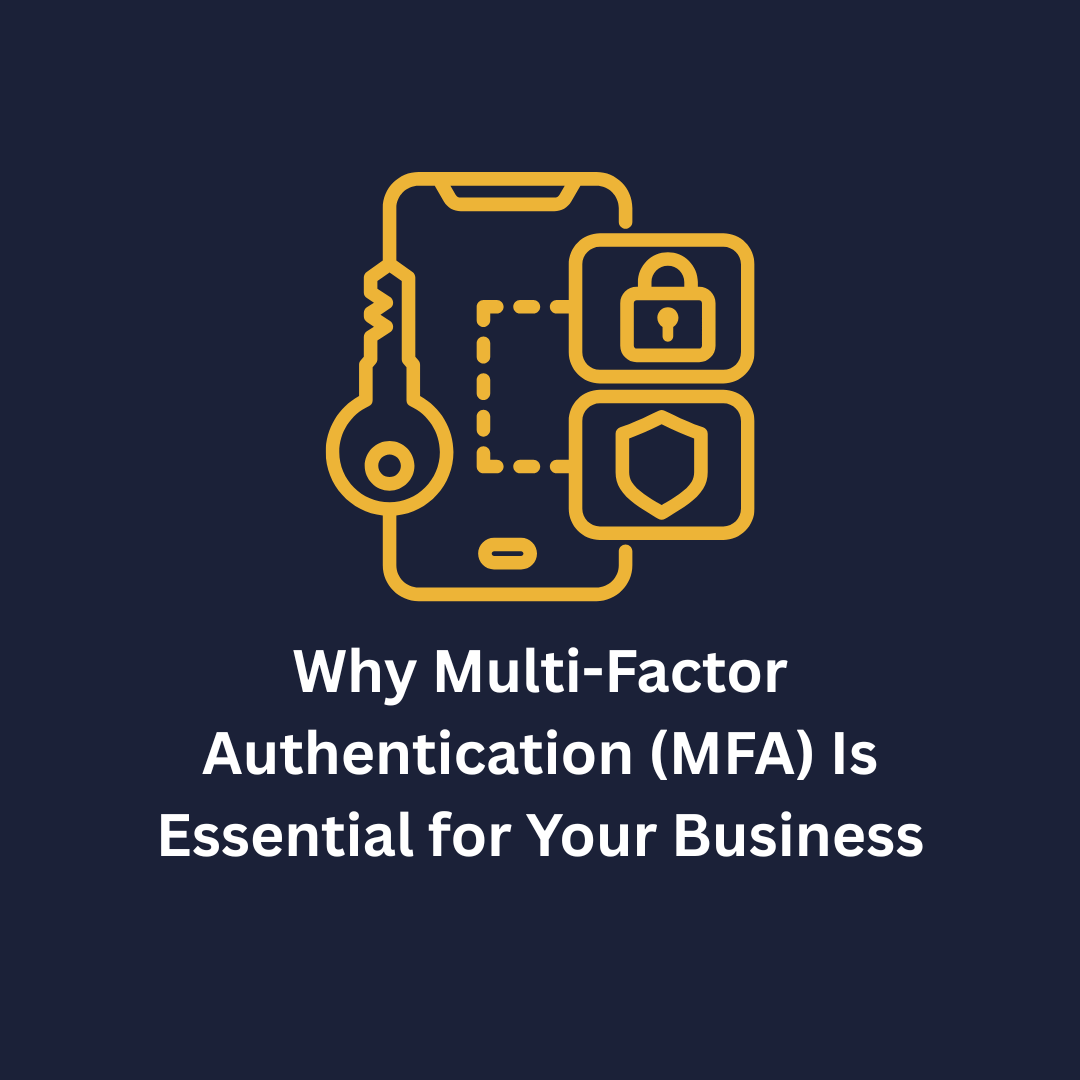
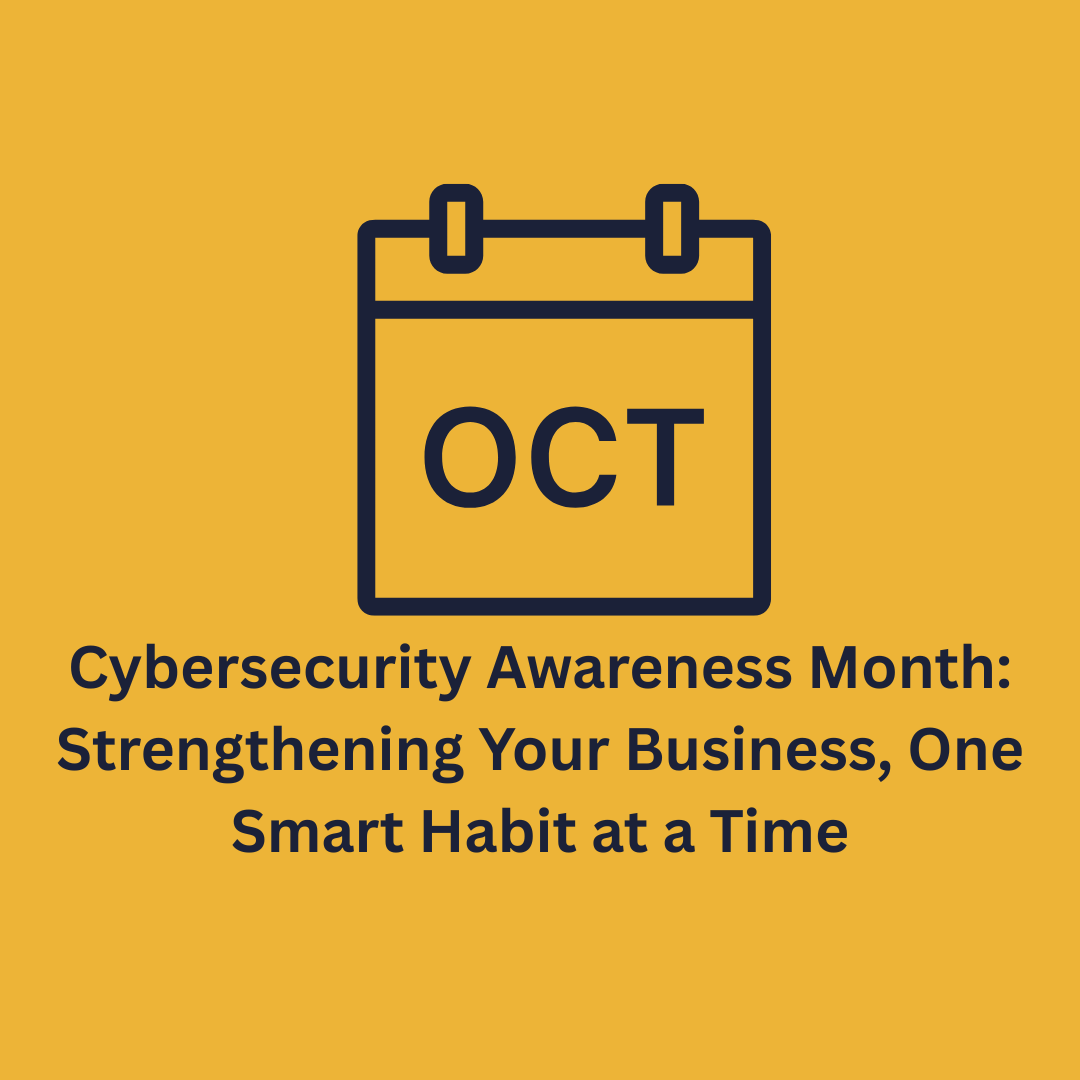
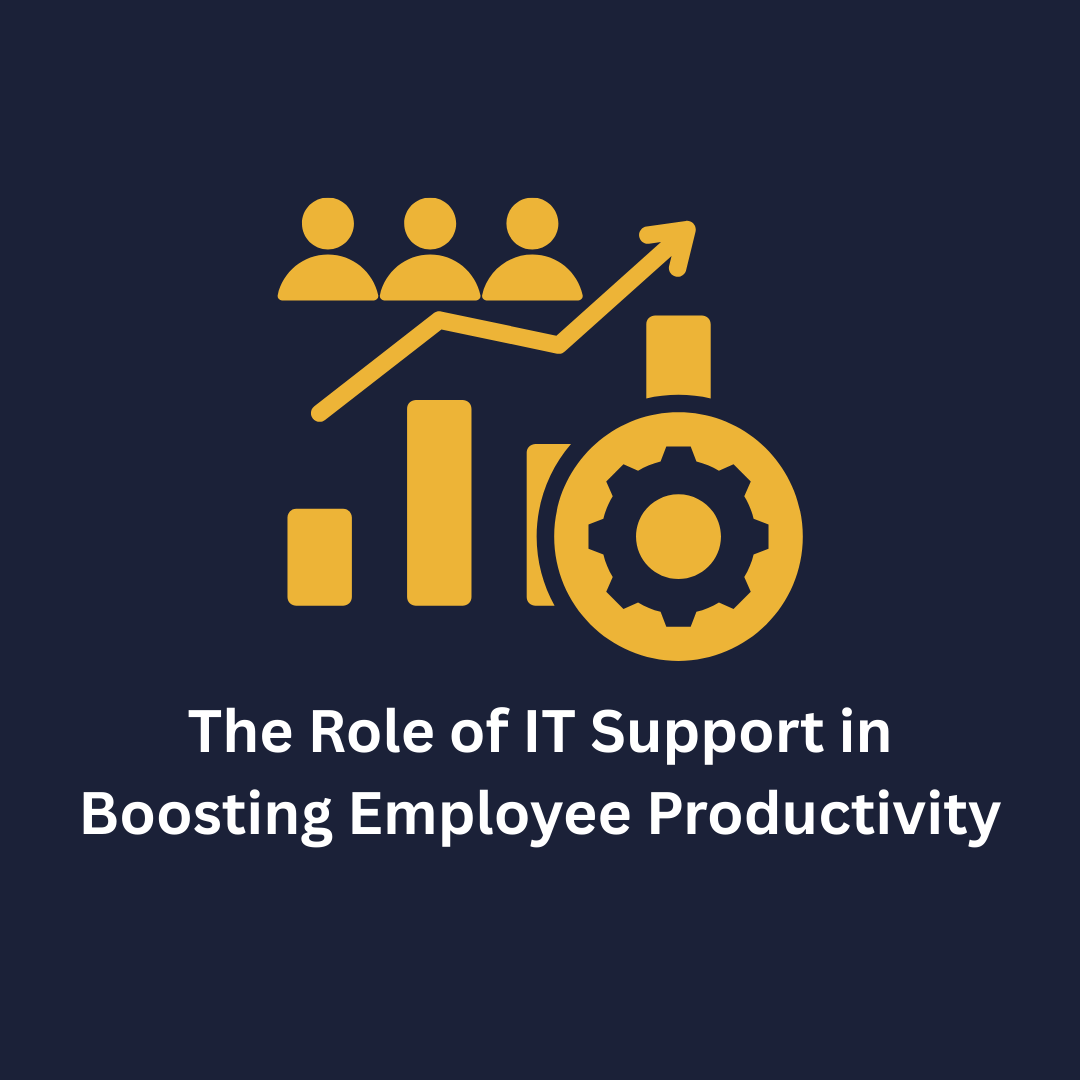
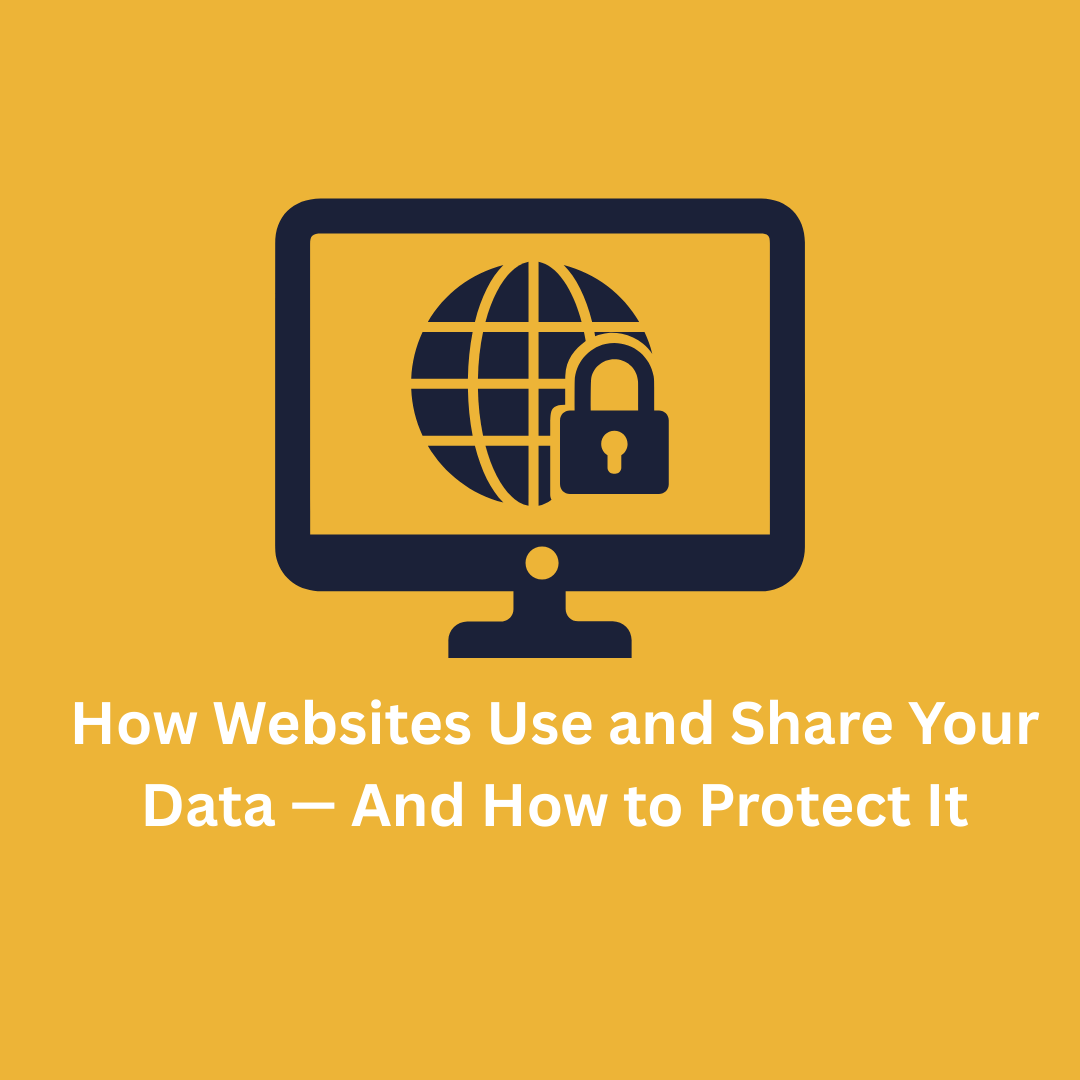

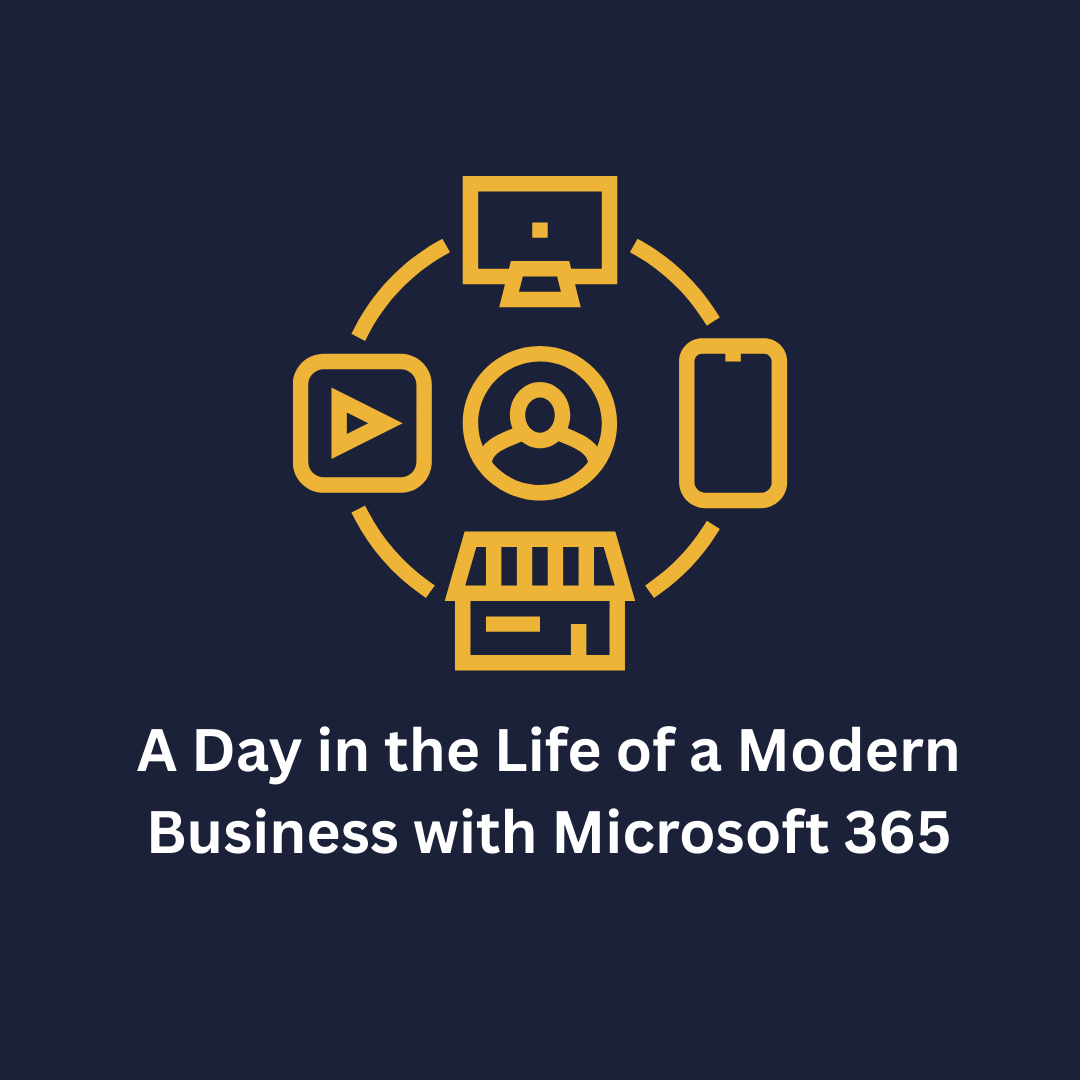
.png)

